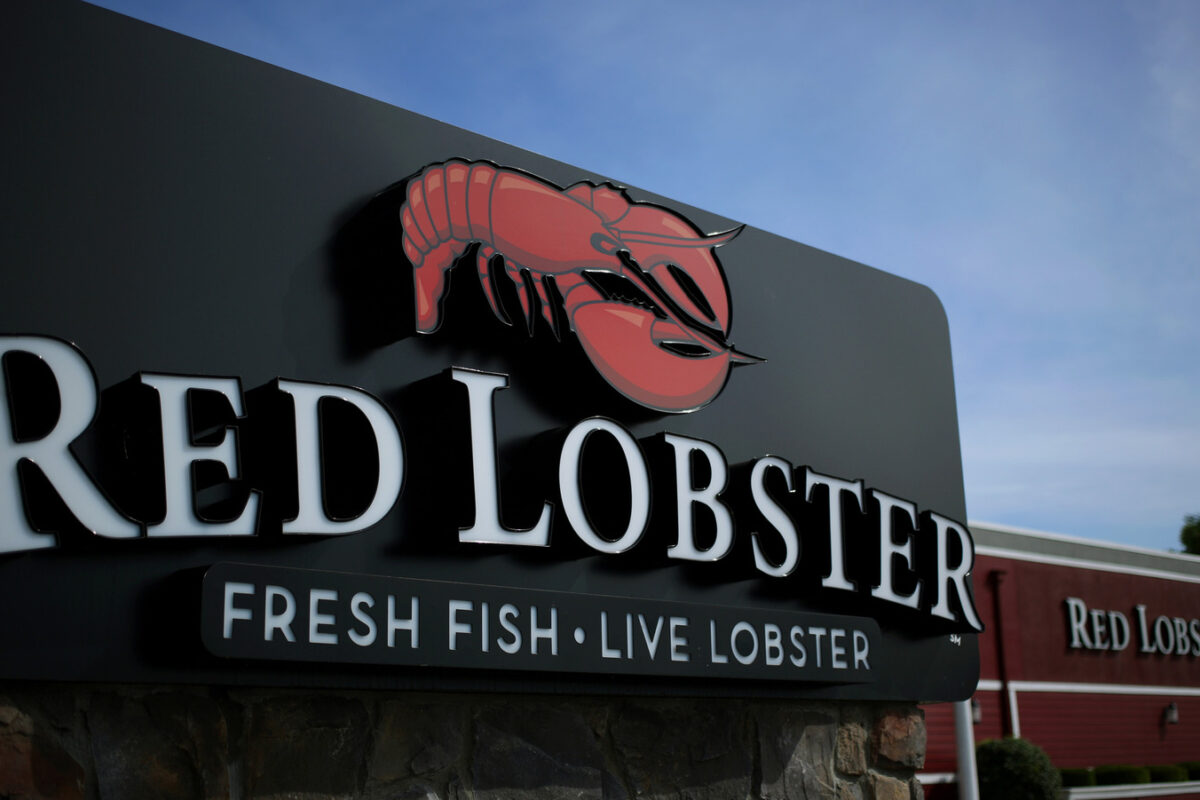Greetings from LA, where I am working on a major consulting assignment.
The contrast in climates between the cold, wind-battered island that I left behind and the calm, sunny skies of California could not be more pronounced. Even more striking, however, is the contrast between the US approach to climate change and the one I am accustomed to in Britain.
It’s hard to avoid the issue in the UK. Switch on the TV and you are confronted with numerous features about the topic. Parliament is regularly debating the nation’s response to climate change and most of our major brands are beginning to alter their approaches to respond to the issues too.
Tesco is the latest to take action; the retailer is to discount energy-efficient products, reduce its reliance on air freight and install wind turbines on top of its stores as part of a £500m green initiative announced earlier this year.
Here in the US, however, the climate-change debate is significantly less developed. The government is almost silent on the issue and most major companies are extremely reticent about confronting global warming.
This past January in Detroit, Van E Jolissaint, chief economist at Chrysler, made headlines with some comments he made at a recent automotive conference.
Jolissaint referred to the ‘quasi-hysterical’ approach of Europeans which he attributed to a ‘chicken-little’ mentality in which everyone believes the sky is about to fall on their heads.
He went on to reject the Stern report and lay out Chrysler’s approach to climate change. ‘You allow the free market to work, and you reinvest some of the proceeds of that revenue in research and development, and you devote resources to big problems that are big problems today, rather than uncertain problems in the future,’ he said. All this from the man charged with planning Chrysler’s future.
It is a classic approach to climate change and one that is increasingly coming to represent the US attitude to it – do more research, see how things go, worry about it later when it really becomes an issue. The urgency and activity we have seen in Britain over the past 12 months in missing.
Personally, I have no interest whatsoever in environmental matters. I don’t care about forests or protecting the world for my grandchildren, so part of me understands this US inaction. But I am a marketer; my prime directive in life is to give customers what they want. As the desire for more ecologically sound products increases, so my immediate reaction is to respond. That is why Tesco is going green – not to save the planet, but to give the consumer what they want and therefore make more money.
Green strategies are no longer an ideological indulgence, they are a marketing imperative. Tesco is not engaging in ‘greenwashing’; it is a company that is genuinely embarking on an environmental path. The fact that it has selected that path because of customers, sales and its share price does not diminish the validity of its strategy nor the positive impact it will have on the environment.
The astonishing thing about the inaction of the US is that its companies are still the most market-oriented on the planet, yet most continue to ignore the growing demand for green products. In extreme cases, as in GM’s infamous EV1 electric car, these companies are doing everything they can to ignore and obfuscate customer needs.
In marketing we have always looked to the US for the lead. It invented market research, business schools, segmentation, brand equity and CRM – the list is immense.
But it has an omission; when it comes to this new challenge of climate change and marketing’s response, there is no need to look West to our US peers.
30 SECONDS ON … GENERAL MOTORS’ EV1
– The EV1 was a purpose-built electric battery-powered vehicle. GM produced 1117 of the cars from 1996-1999.
– The cars were available only to consumers in California and Arizona, and could be serviced only at specific GM Saturn dealerships.
– GM leased 800 of the EV1s it built. The lease agreement ran for a fixed three-year duration, after which the cars had to be returned to GM. The cars would have had to be sold at $35,000-$40,000 each for the company to break even; the cars reportedly cost GM $80,000 to produce.
– The two-seater sub-compact model had a top speed of 80mph; a modified prototype achieved a speed of 183mph in 1994.
– Controversy has dogged the EV1’s production and cancellation. Critics point to factors including limited marketing and odd lease terms as evidence that GM created it to suggest that electric cars could never be commercially viable.
Courtesy of Marketing Magazine
The Blake Project Can Help: The Brand Positioning Workshop
Branding Strategy Insider is a service of The Blake Project: A strategic brand consultancy specializing in Brand Research, Brand Strategy, Brand Licensing and Brand Education





3 comments
Jay Ehret
September 7, 2007 at 11:48 am
Perhaps the US is taking the marketing lead on this subject by ignoring the climate change argument; treating it as a passing fad rather than a trend. Time will tell, of course.
Ted Grigg
September 7, 2007 at 4:29 pm
I think the big difference between most of Europe and the US is that many in the US do not believe that the global warming theory is a given. So consumers here are not demanding immediate action on what they consider to be bogus.
John Dumbrille
September 7, 2007 at 7:28 pm
Nice post.
Fad, bogus… I dont think this is the reason for missing the marketing imperative of environmental policy. Personal vision influences corporate vision, and the “Anything is possible” credo brings with it the residual thought: “The truth isn’t necessarily true.”
Of course, anti-intellectualism has its consequences, but… maybe only if we think so.
Comments are closed.